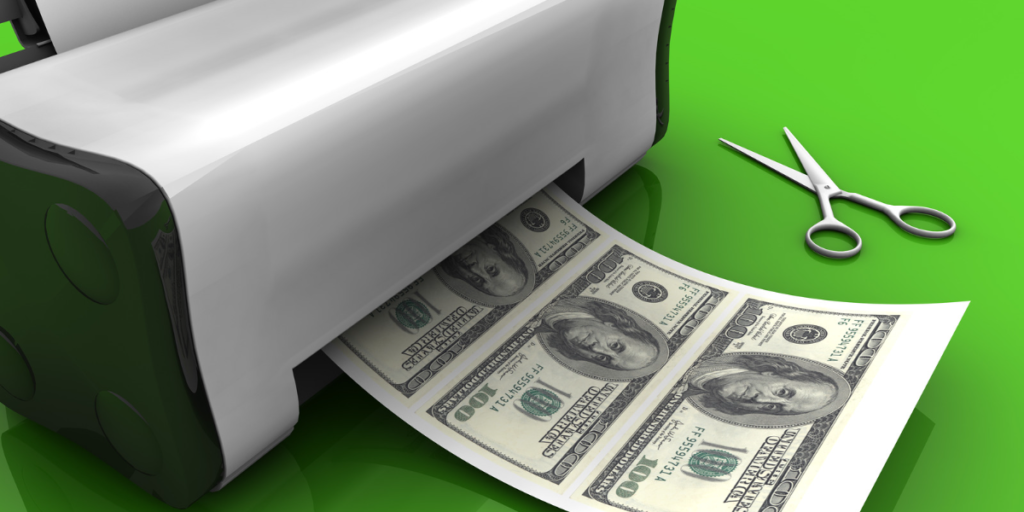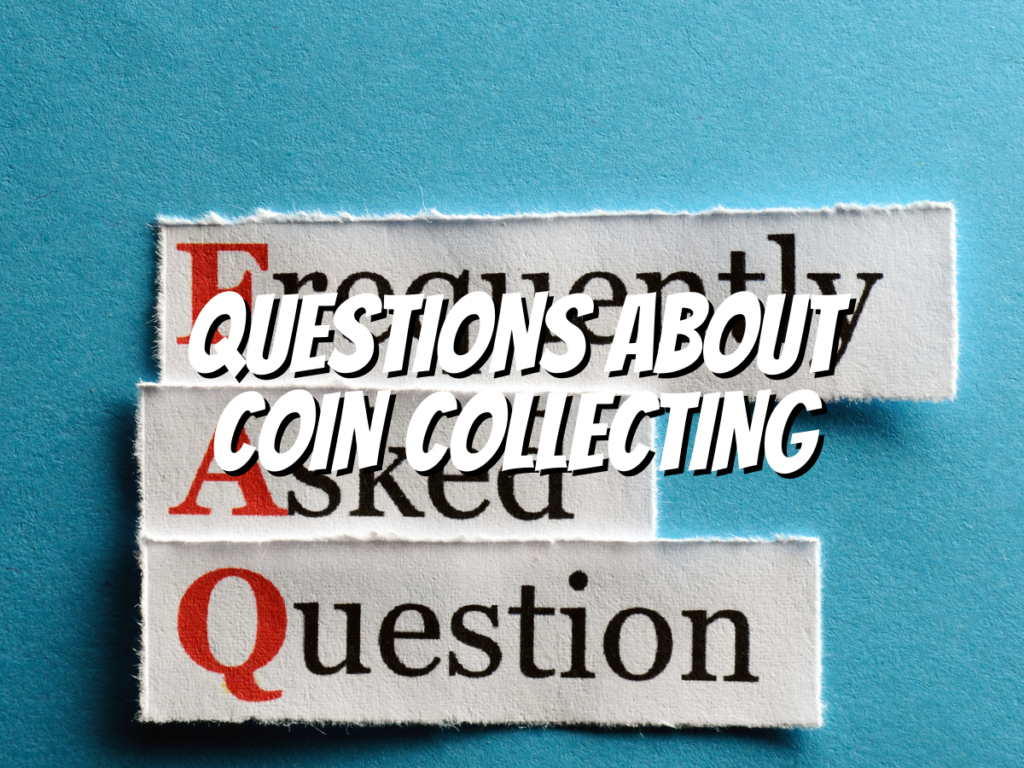Here are some questions about coin collecting we received from our readers.
Questions About Coin Collecting:
What are the Risks of Coin Collecting?

There are a few risks to coin collecting, but the good news is that most of them are avoidable.
First, improper handling can damage coins by causing toning or nicks on the surface.
Second, improper cleaning can lead to faded or discolored spots on your coins—a big no-no for mint condition collectors.
Third, you’ve probably heard that storing precious metals in an unsafe place like your basement can cause water damage, corrosion (and even theft).
Finally, improper grading means paying too much money for coins that aren’t worth as much as they appear to be—which might result in overspending if you’re not careful!
What Special Precautions Do I Need to Take When Handling Rare Coins?
You should know that coins are fragile and must be handled with care.
Always use a soft, clean cloth to handle them; do not use your fingers or fingernails to pick up a coin.
Never touch the face of an uncirculated specimen (it may have its mint luster intact). Never touch the edge of a circulated specimen (you may damage it).
You should also know that certain risks are associated with collecting rare coins.
For example, if you buy collectible coins at auction, you will have no way of knowing whether or not those particular coins were stolen before being sold at auction.
This is why some states require dealers who sell rare coins through their businesses to obtain licenses to keep track of all sales records to help law enforcement officials in case any illegal activity occurs involving these precious items!
How Can I Protect Myself Against Fakes and Forgeries?

In coin collecting, protecting yourself against fakes and forgeries is essential.
Therefore, you should always use a third-party grading service to evaluate your coins before purchasing them. This can help you determine their value and authenticity.
You should also buy from reputable dealers who have been in business for many years and have a good reputation with their customers.
Also, be sure to examine any coins closely (with magnification) before purchasing them so that you can spot any signs of wear or damage that might indicate tampering or restoration work has been done on the coin.
For example, check for cracks around the coin’s edge and surface details like re-punching marks (which indicate tampering).
Are Condition and Grading as Important as They Say They Are?
Grading is subjective. People may assign different grades to the same coin, even using the same standards.
In other words, someone might grade your coins differently than you do.
Grading is important to understanding value and condition.
For example, to know how much a coin is worth, you need to be able to identify its grade (or grades).
Without grading knowledge, it wouldn’t be possible for a coin dealer or collector of coins to know whether their collection has increased in value over time—or whether it’s still worth what they paid for it years ago!
How Long Should it Take to Build a U.S. Type Set?
How long it takes to build a set depends on how much you want to spend and how much time you’re willing to devote to acquiring coins.
If you have lots of money or don’t mind spending it, then a complete U.S. Type Set can be done in as little as three years; conversely, if your budget is tight and you find yourself unable to purchase certain coins—even at exorbitant prices—then the process could take decades!
The more coins collected during this process (and sold), the more knowledge will be gained about grading methods and die varieties.
This knowledge will ultimately lead to a greater appreciation for individual pieces for future purchases.
What Makes a Coin Valuable?

The way you can tell if a coin is worth anything is to look at the metal content of the coin.
If it has gold, silver, or platinum in it, then it will be valuable. The rarer and more popular coins have higher values because fewer are available for sale.
The condition of your coin can also affect its value. A mint state (M.S.) quality coin shows no wear or damage.
An expert has graded it before selling it on eBay or elsewhere online for collectors interested in trading with others who collect coins themselves!
Finally, demand plays an important role too: if there are lots of people looking for these kinds of items, then prices go up quickly, especially if there aren’t many left out there anymore!
What is the Best Way to Store My Coins?
Coin albums are the best way to store your coins. They’re attractive and protect your coins from damage.
Coin albums come in many sizes and styles, including cloth or leather. You can also buy coin tubes for a more portable storage method.
These are sturdy plastic tubes that hold two coins each and are designed to be inserted into a coin album, so they don’t take up any extra space on their own.
Is the Metal in the Coins Valuable?
Coin collectors typically do not collect the precious metals in their coins.
That is because most coins have low intrinsic value due to being made from base metals such as copper, nickel, and zinc.
On the other hand, coins made of gold, silver, and platinum are much more valuable than base metals.
Base metal coins make up most of what is available to collectors today—and they can be quite valuable!
There are also bullion coins that have no face value but are composed entirely of precious metal (like gold).
They’re usually traded for their spot price at some point after being minted (or “struck”).
When Were Coins First Used?

It is generally accepted that coins were first used in the 7th century B.C., although some scholars believe they may have been used as early as the 8th century B.C.
The first coins were made of electrum, an alloy of gold and silver found in Lydia (present-day Turkey).
Coins were made from precious metals because they were easier to carry around than other forms of money.
How Old is Coin Collecting
Coin collecting is a hobby that has been around for thousands of years, and it’s still going strong today.
The oldest coins were made in Lydia, a kingdom in ancient Turkey, in the 7th century B.C. Coin collectors can find some of these ancient coins for sale at their local coin shop or online at places like Amazon or eBay.
But if you’re looking for something more modern and from your home country, consider looking at coins from the United States—the oldest ones are from 1787!
Before you go…
We hope that these questions have given you a better idea of what coin collecting is all about. While it may seem intimidating initially, we hope this article has provided some helpful tips for both beginners and experienced collectors. If you take the time to learn about numismatics and become more educated on how coins were made throughout history, you’ll be on your way to becoming an expert coin collector in no time!
Check out my next article: “The Pros and Cons of Coin Collecting.”
Related Articles:

